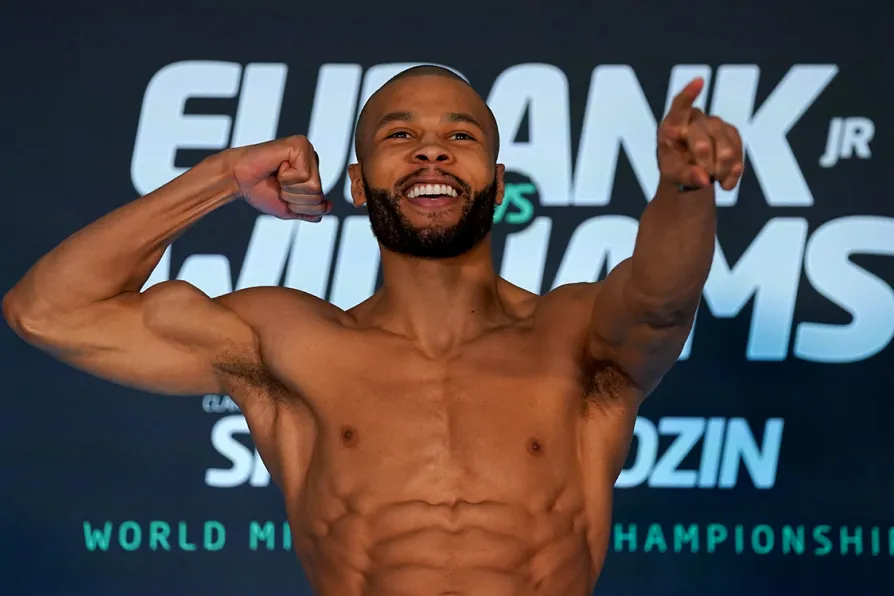From Wearside streets to rings worldwide, the boxer’s journey embodies resilience and the relentless spirit of his city, writes JOHN WIGHT


IF THERE was a prize for tenacity in sport, a strong contender would have to be Chris Eubank Jr. His impressive victory over Liam Williams in Cardiff last weekend brings the 32-year old to the point of finally challenging for a middleweight world title after 34 fights in a professional career that began all the way back in 2011.
Remarkably, for the bulk of his career, Eubank Jr more or less trained himself in what stands as an astonishing inversion of boxing convention, which holds that a fighter without a trainer is like a dog without an owner, forced to rely on blind instinct, will and luck to survive.
That Chris Eubank Jr managed to do that and more during this extended period is evidence of inordinate mental strength and pride, endowed with such by the example of his old man, whose own physical and mental fortitude earned him a legacy in the sport which still today looms large.

The outcome of the Shakespearean modern-day classic, where legacy was reborn, continues to resonate in the mind of Morning Star boxing writer JOHN WIGHT

JOHN WIGHT previews the much-anticipated bout between Benn and Eubank Jnr where — unlike the fights between their fathers — spectacle has reigned over substance











